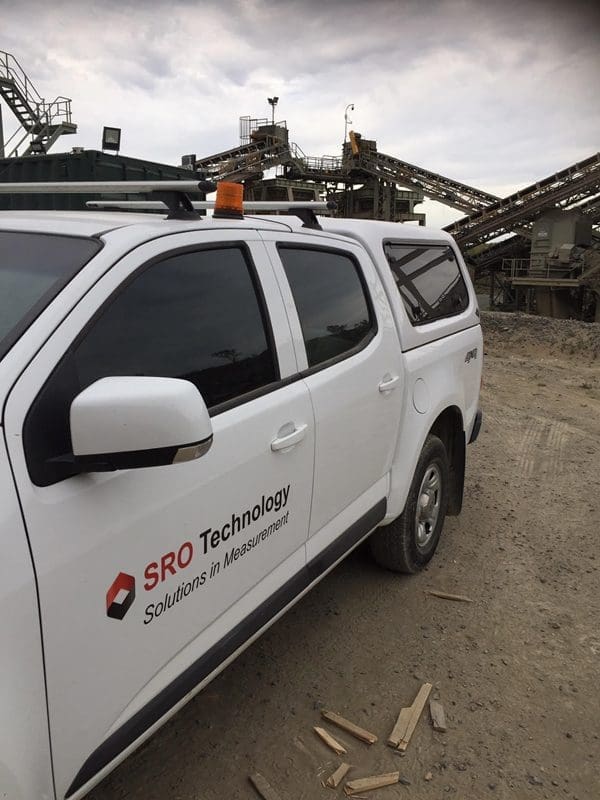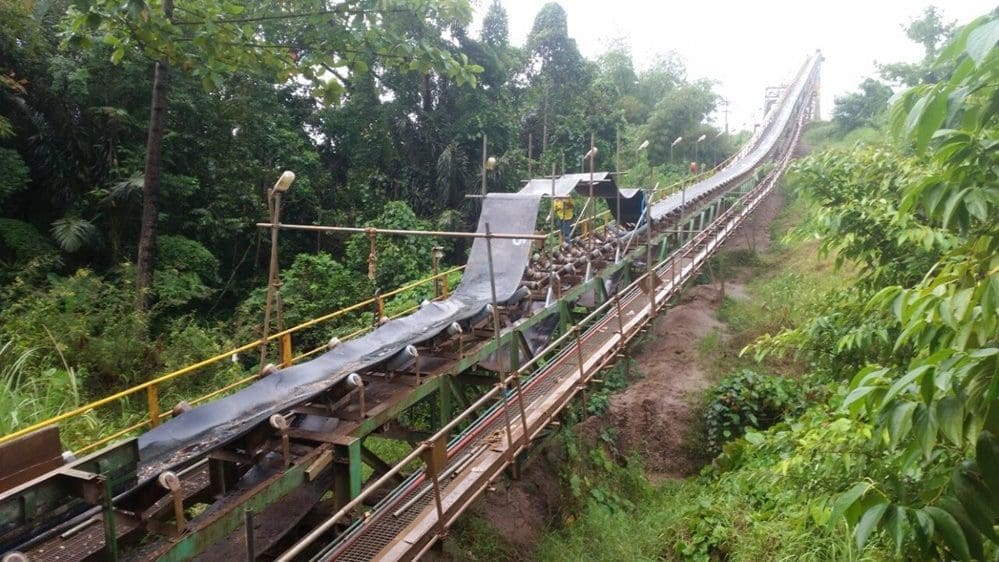The COVID-19 crisis has had a significant impact on virtually every industry and market across the globe, affecting production and supply chains. Australia's industrial sector is not immune to these events, with day-to-day operations being disrupted by the fallout from the novel coronavirus pandemic.
Mining and manufacturing industries have been hit especially hard, as the economic downturn suppresses demand for raw and processed materials. According to the June 2020 Australian Chamber-Westpac Survey of Industrial Trends, 64% of respondents reported a drop in new orders in the past month. Furthermore, 55% stated that they had reduced production and output during the same period.
With profit expectations dropping 60% in the manufacturing sector, now is a good time for companies to reassess every phase of their operations to optimise processes, maximise efficiencies and reduce costs. That includes ensuring industrial sites are running at peak performance and capacity. Conducting industrial site audits helps organisations identify potential issues with their equipment or workflows and take corrective action before those problems worsen or even cause a production stoppage.
When running a site audit, manufacturers, mining companies and other industrial operators should prioritise these three key areas:
1. Measurement instrument calibration
Industrial operations require a great deal of precision to run smoothly and produce the right amount and mixture of processed materials. The various equipment and instruments that facilitate every phase of manufacturing, mining and industrial workflows need to provide complete accuracy to maintain product quality and maximise operational efficiency.
Steel production is a good example of the importance of reliable measuring equipment, as there are several steps in the process that require absolute precision, including:
- Sorting metals and ingredients that are needed for production, like iron ore.
- Feeding the right combination of materials into sintering furnaces.
- Separating slag and impurities from the finished steel product.
A single miscalculation could contaminate the end result, creating compromised products that need to be scrapped or sold at a steep discount to account for their impurities. Either way, the company will have wasted a significant amount of money, time and energy on an inherently flawed production process.
Industrial site audits check that all measuring instruments are properly calibrated so they consistently provide precise readings, even under intense conditions and through prolonged usage.

2. Sensor performance review
Industrial operators rely on equipment sensors to help them maintain critical machinery, spot potential issues and ensure that material collection, transportation, sorting, processing and production workflows all run smoothly. That faith is not always rewarded, however. SRO Technology technicians have found that approximately 10% of industrial sensors do not function properly, increasing risk and presenting a number of potential site performance problems.
For instance, a malfunctioning tramp metal detector may not flag and remove pieces of excavation equipment that get mixed into harvested materials. Broken bucket teeth, bore crowns, grinding blades and bar stock may find their way onto conveyor belts alongside mined metals. If left unchecked, those loose items could damage even heavy-duty industrial processing equipment such as jaw crushers. The time and cost needed to replace or repair such critical machinery could be immense, and the last thing industrial companies need right now is to take on unnecessary expenditures.
During a site audit, it's important to assess the performance of both your industrial equipment and the sensors that provide oversight across every stage of the mining, manufacturing or production process.
3. Right-fit equipment
Not all industrial machinery is interchangeable. In many cases, depending on the specific environment or application, slight differences in similar equipment can make all the difference in performance and productivity.
The tramp metal detectors used for mining operations are terrific at weeding out larger materials like nuts and bolts, but they are not designed to separate fine particulate matter. In some cases, sites will deal with only a small variance in material size, density and volume, while other facilities must account for a wide range of factors. Industrial operators need to be sure that every piece of equipment in their production cycle is the right fit for their particular application.
Site auditors should review each piece of equipment to confirm that they are properly suited for their workload and that they will continue to produce reliable results for the foreseeable future. If that's not the case, these experts can provide guidance on finding a more appropriate alternative.
More than ever, industrial sites need to run at optimal levels of efficiency and productivity. Conducting a thorough audit of workflows, processes and machinery will flag any potential areas of concern before they can cause more lasting damage. Contact SRO Technology today to find out how our audit experts can help.



Recent Comments